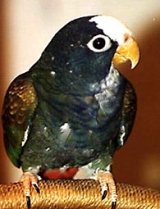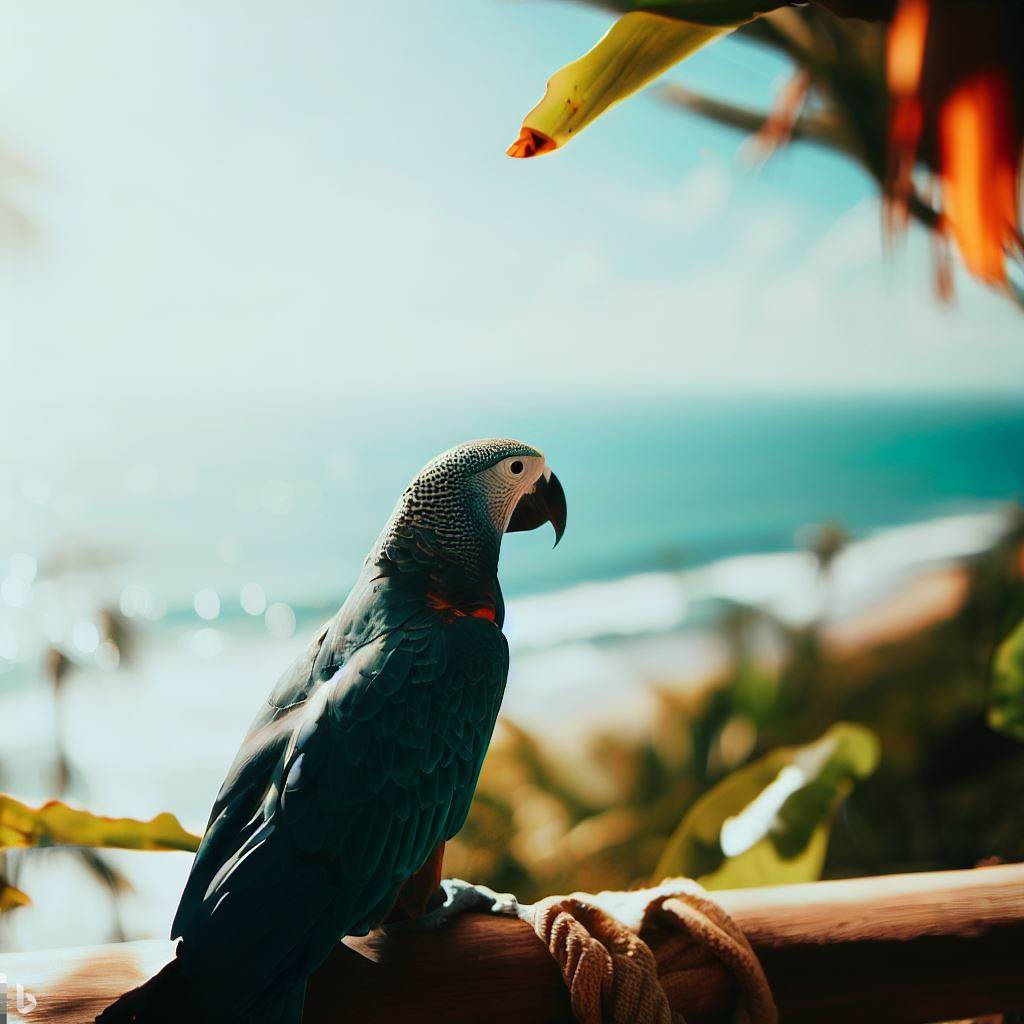
This depends upon how you are travelling and how long you will be away. If your bird is not traumatized by car rides, you may decide to bring it with you. Remember, however, cars become extremely hot quickly during the summer – so take care not to leave the bird in a closed car.
Never, never board a bird in a per store. Although the owner may take excellent care of the birds in the store, you may expose your bird to others that although they appear normal, are shedding infectious organisms. Viruses and bacteria may be shed in respiratory secretions, feather dander and feces. These are spread through the air and may be inhaled or ingested by other birds. Psittacosis (parrot fever), polyoma, Beak and Feather Disease and Proventicular Disease (Macaws wasting disease) are some of the diseases that we must be concerned about. A bird may be an asymptomatic carrier, meaning that it appears normal, yet is shedding infectious particles in its secretions and excretions.
Always observe your bird’s behavior, appetite and droppings. Any change may signal an early problem that if treated immediately may prevent a more devestating outcome.
Birds that show a decrease in appetite or stop eating must be seen immediately. This is because they have a very rapid metabolic rate and can’t go without eating for prolonged periods of time.
Routine health exams are very important. Unless you weigh your bird and handle it frequesntly, it is difficult to detect subtle weight loss. Yearly complete blood counts and chemistries may be very helpful in detecting any change in your bird’s health.
Do not self treat your bird! Although some of the antibiotics used in people and other species of animals may be used in birds, the doses and dosing intervals are very different in birds. Additionally, an antibiotic may not be the appropriate drug to use.
Some of the medications used in other species of animals may be harmful if used in birds. For example, panalog cream, an antibiotic – steroid cream commonly applied to the skin and ears of dogs and cats may be very toxic to birds. This is because birds are exquisitely sensitive to steroids. Very serious side effects may occur with even minimal use in birds.
If you feel that your bird is ill, have it examined by an avian veterinarian – don’t try to treat it yourself.

